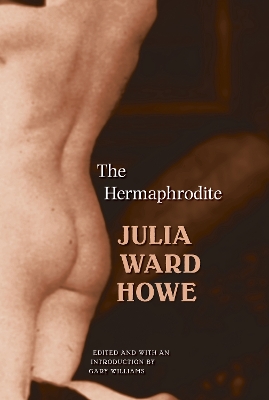Legacies of Nineteenth-Century American Women Writers
1 total work
Written in the 1840s and published here for the first time, Julia Ward Howe's novel about a hermaphrodite is unlike anything of its time-or, in truth, of our own. Narrated by Laurence, who is raised and lives as a man, is loved by men and women alike, and can respond to neither, this unconventional story explores the understanding "that fervent hearts must borrow the disguise of art, if they would win the right to express, in any outward form, the internal fire that consumes them." Laurence describes his repudiation by his family, his involvement with an attractive widow, his subsequent wanderings and eventual attachment to a sixteen-year-old boy, his own tutelage by a Roman nobleman and his sisters, and his ultimate reunion with his early love. His is a story unique in nineteenth-century American letters, at once a remarkable reflection of a largely hidden inner life and a richly imagined tale of coming of age at odds with one's culture.
Howe wrote The Hermaphrodite when her own marriage was challenged by her husband's affection for another man-and when prevailing notions regarding a woman's appropriate role in patriarchal structures threatened Howe's intellectual and emotional survival. The novel allowed Howe, and will now allow her readers, to occupy a speculative realm otherwise inaccessible in her historical moment.
